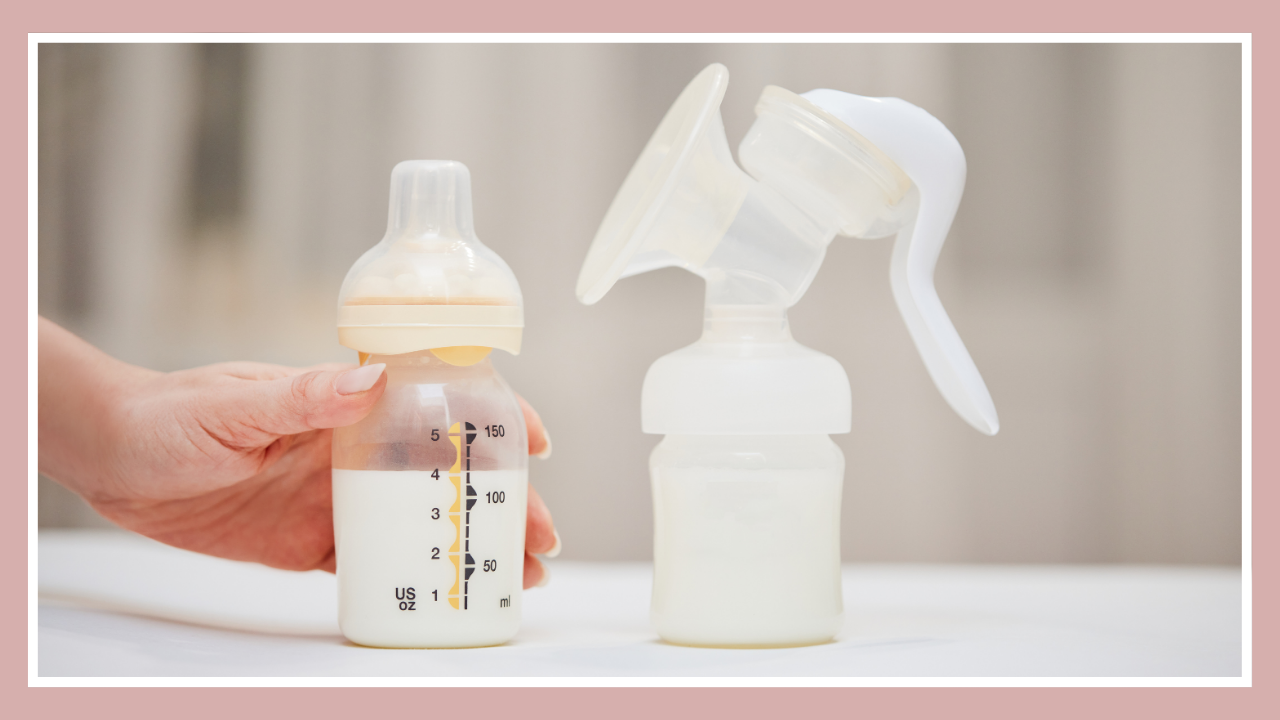
Breastfeeding and Medications: Navigating the Maze of What's Safe for You and Your Baby
Sep 25, 2024Let's talk about something that's probably been on your mind lately: medications and breastfeeding. If you're anything like me, you've probably found yourself staring at a box of cold medicine in the pharmacy aisle, wondering, "Can I take this without messing up my breastmilk?"
I get it. When I was breastfeeding, I felt like I needed a PhD in pharmacology just to figure out if I could take a simple pain reliever. And don't even get me started on the worry about how medications might affect my milk supply! Low milk supply is already a common concern for many of us, and the last thing we want is to make it worse by taking the wrong meds.
So, let's dive into this topic and clear up some of the confusion. We'll explore what's generally safe, what's not, and how to make informed decisions about medications while you're breastfeeding. Grab a cup of tea (or coffee – no judgment here!), and let's get into it.
The Golden Rule: Always Consult Your Doctor
Before we go any further, let's get this out of the way: Always, always, always talk to your doctor or healthcare provider before starting any new medication while breastfeeding. They know your specific situation and can give you the most accurate advice.
That said, let's explore some general guidelines to help you understand the landscape of breastfeeding and medications.
Understanding Medication Safety Categories
When it comes to medication safety during breastfeeding, drugs are often categorized based on their potential risk to the baby. The Lactation Risk Categories (LRC) is a commonly used system:
- L1: Safest
- L2: Safer
- L3: Moderately Safe
- L4: Possibly Hazardous
- L5: Contraindicated
Keep in mind that these categories are general guidelines. Your doctor will consider factors like your baby's age, health status, and the specific medication when making recommendations.
Common Medications and Their Safety
Let's break down some common medications you might encounter:
- Pain Relievers:
- Acetaminophen (Tylenol): Generally considered safe (L1)
- Ibuprofen (Advil, Motrin): Usually safe (L1)
- Aspirin: Use with caution, especially in high doses (L3)
- Cold and Flu Medications:
- Pseudoephedrine (Sudafed): Use with caution, may decrease milk supply (L3)
- Guaifenesin (Mucinex): Usually safe (L2)
- Dextromethorphan (cough suppressant): Generally safe (L2)
- Allergy Medications:
- Loratadine (Claritin): Generally safe (L1)
- Cetirizine (Zyrtec): Usually safe (L2)
- Diphenhydramine (Benadryl): Use with caution, may decrease milk supply (L2)
- Antidepressants:
- SSRIs (like Prozac, Zoloft): Generally considered safe, but discuss with your doctor (L2-L3)
- SNRIs (like Effexor, Cymbalta): Use with caution, discuss with your doctor (L3)
- Birth Control:
- Progestin-only pills ("mini-pill"): Generally safe (L2)
- Combined hormonal methods: May decrease milk supply, especially in the early months (L3)
Remember, this is not an exhaustive list, and individual circumstances can vary. Always consult with your healthcare provider for personalized advice.
Medications to Avoid While Breastfeeding
While many medications are safe for breastfeeding moms, some should be avoided or used with extreme caution:
- Certain chemotherapy drugs
- Radioactive compounds used in some diagnostic tests
- Drugs of abuse (including marijuana and cocaine)
- Some weight loss medications
- Certain acne medications (like isotretinoin)
If you need to take a medication that's not safe for breastfeeding, your doctor might recommend temporarily pumping and discarding your milk (often called "pump and dump") or finding an alternative treatment.
The Low Milk Supply Conundrum
Now, let's address the elephant in the room: low milk supply. It's a common worry for many breastfeeding moms, and certain medications can indeed affect your milk production. Here's what you need to know:
- Medications That May Decrease Milk Supply:
- Some antihistamines (like Benadryl)
- Pseudoephedrine (found in many decongestants)
- Certain birth control pills (especially those containing estrogen)
- Some diuretics
- Boosting Your Supply: If you're concerned about low milk supply, whether due to medications or other factors, there are steps you can take:
- Increase nursing frequency
- Try power pumping
- Stay hydrated
- Ensure you're eating enough calories
- Consider galactagogues (milk-boosting foods or herbs) after consulting with your doctor
Remember, perceived low milk supply is often not actually low supply. If you're concerned, reach out to a lactation consultant who can help you assess your situation.
Natural Alternatives: A Word of Caution
When dealing with health issues while breastfeeding, it's tempting to turn to "natural" remedies. While some can be helpful, it's important to remember that "natural" doesn't always mean safe. Herbs and supplements can be potent and may interact with medications or affect your milk supply. Always discuss these with your healthcare provider too.
Some herbs traditionally used to boost milk supply (like fenugreek or blessed thistle) can be helpful for some women but may cause issues for others. And some "natural" remedies (like sage tea) can actually decrease milk supply.
Tips for Medication Safety While Breastfeeding
- Time It Right: If possible, take medications right after nursing or before your baby's longest sleep stretch.
- Monitor Your Baby: Watch for any changes in sleep patterns, fussiness, or feeding habits after starting a new medication.
- Start Low: When starting a new medication, ask your doctor if you can start with the lowest effective dose.
- Be Honest: Always inform all your healthcare providers that you're breastfeeding.
- Do Your Research: Use reliable resources like LactMed or InfantRisk for additional information about specific medications.
- Trust Your Instincts: If something doesn't feel right, don't hesitate to reach out to your healthcare provider.
Navigating the world of medications while breastfeeding can feel overwhelming, especially when you're already juggling the demands of new motherhood and possibly worrying about things like low milk supply. But remember, you're not alone in this journey.
Most of the time, you don't have to choose between treating your own health conditions and breastfeeding your baby. With the right information and guidance from your healthcare team, you can make informed decisions that keep both you and your little one healthy.
Remember, a healthy mom is crucial for a healthy baby. Taking care of your own health isn't selfish – it's an essential part of being the best mom you can be.
If you want to feel your best mentally & physically postpartum, join other mamas inside The Postpartum Shift.







